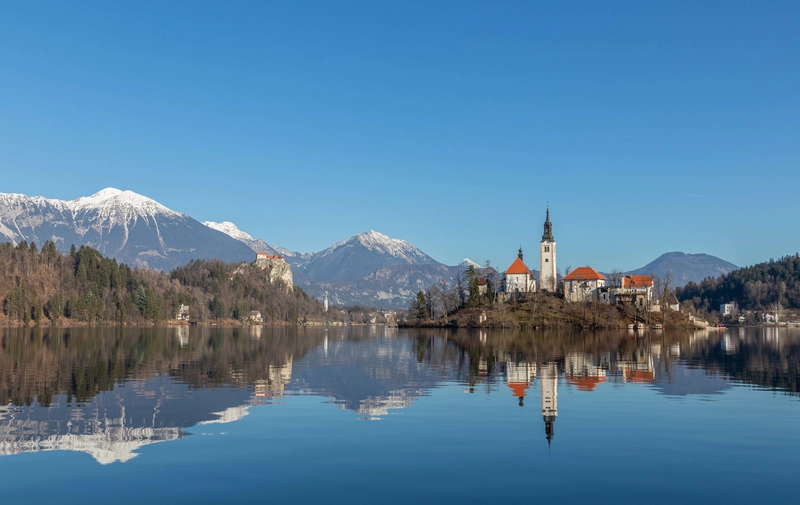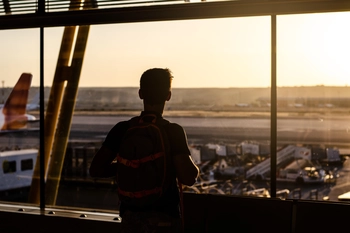Slovenia uses the Euro (€) as its official currency.
Europe
Slovenia: The Land of Stunning Alpine Scenery and Outdoor Adventure
This page contains affiliate links. This means that I get a commission if you purchase through my links, at no cost to you.

Slovenia is a small but beautiful country located in Central Europe, bordered by Italy to the west, Austria to the north, Hungary to the northeast, and Croatia to the south and southeast.
The country is known for its majestic mountains, pristine lakes, and lush forests, making it a paradise for outdoor enthusiasts. It is also home to many charming cities, including the capital Ljubljana, with its winding rivers, historic buildings, and vibrant cultural scene.
Slovenia has a rich historical and cultural heritage with a fusion of Slavic, Italian, and German influences. The people are warm and welcoming and the country has a strong sense of community and is proud of its traditions and customs.
Slovenian food is rich and delicious, including jota (a thick soup made with beans, sauerkraut, and potatoes), idrijski žlikrofi (small dumplings stuffed with potato filling), and štruklji (a type of rolled pastry filled with sweet or savory ingredients).
The country is also known for its quality wines, especially from the wine regions of Primorska and Podravje regions. Visitors can enjoy wine tastings and winery tours, as well as other delights such as artisan cheeses and cured meats.
Overall, Slovenia is a small but charming country with a rich cultural heritage, stunning natural beauty, and hospitable people.
Frequently Asked Questions about Slovenia
- What currency does Slovenia use?
- Are credit cards accepted in Slovenia?
Yes, credit cards are widely accepted in Slovenia. Visa and MasterCard are commonly used, and you can find card payment options in many establishments.
- What is the best time to travel to Slovenia?
The best time to visit Slovenia is during the late spring (May to June) and early autumn (September to October) when the weather is mild, and outdoor activities are enjoyable. The summer months are popular for exploring the stunning landscapes and lakes.
- What is the population of Slovenia?
The population of Slovenia is around 2.1 million people.
- What language do they speak in Slovenia?
- Do I need a visa for Slovenia?
Visa requirements can vary based on your nationality and the purpose of your visit. Citizens of many countries within the European Union (EU) and the Schengen Area do not need a visa for short stays (up to 90 days) in Slovenia. However, it's essential to check the latest visa requirements and regulations based on your specific situation before you travel.
- Is Slovenia a safe country?
Slovenia is generally considered a safe country to visit. Crime rates are relatively low, and the country has a stable political and social environment. Basic travel precautions are recommended.




